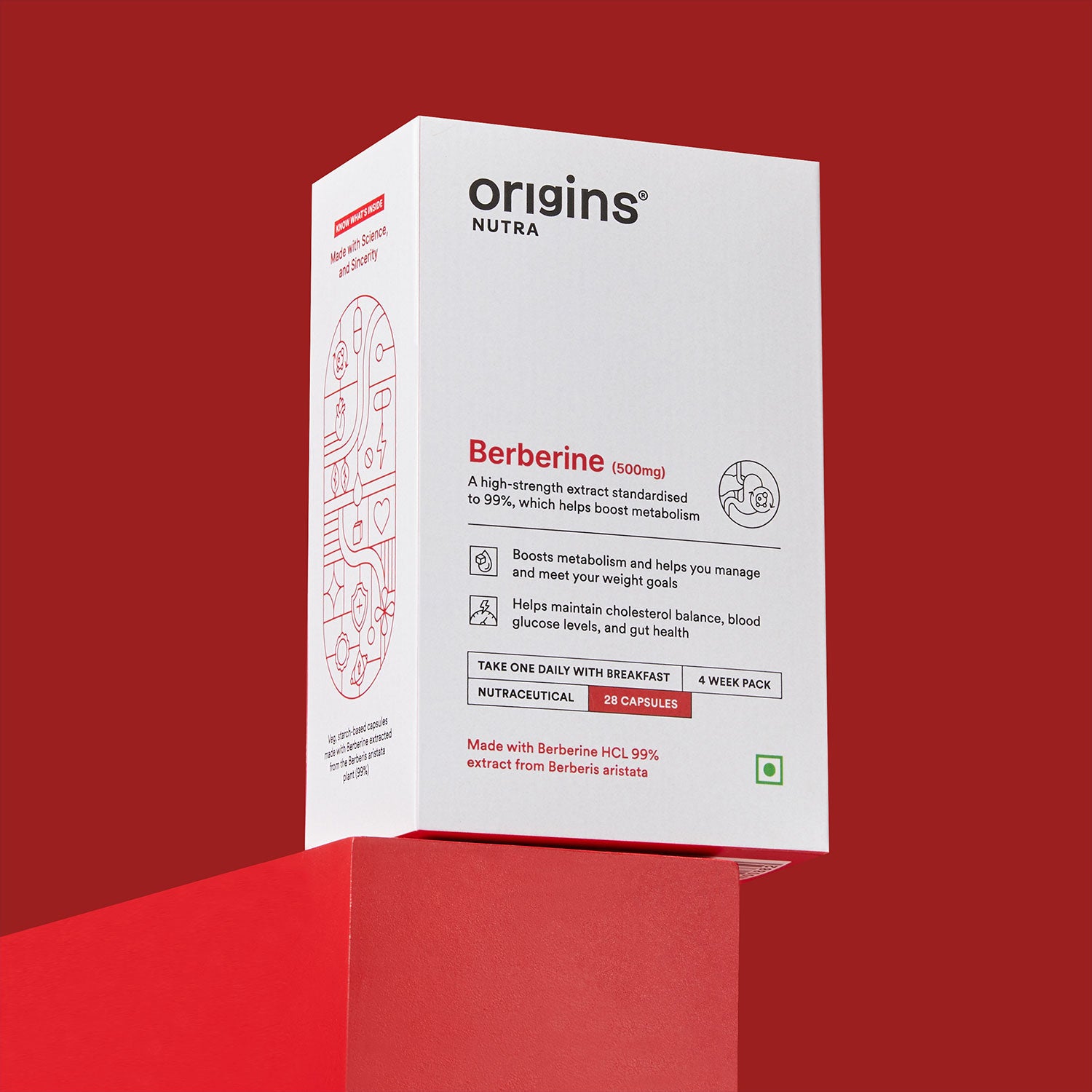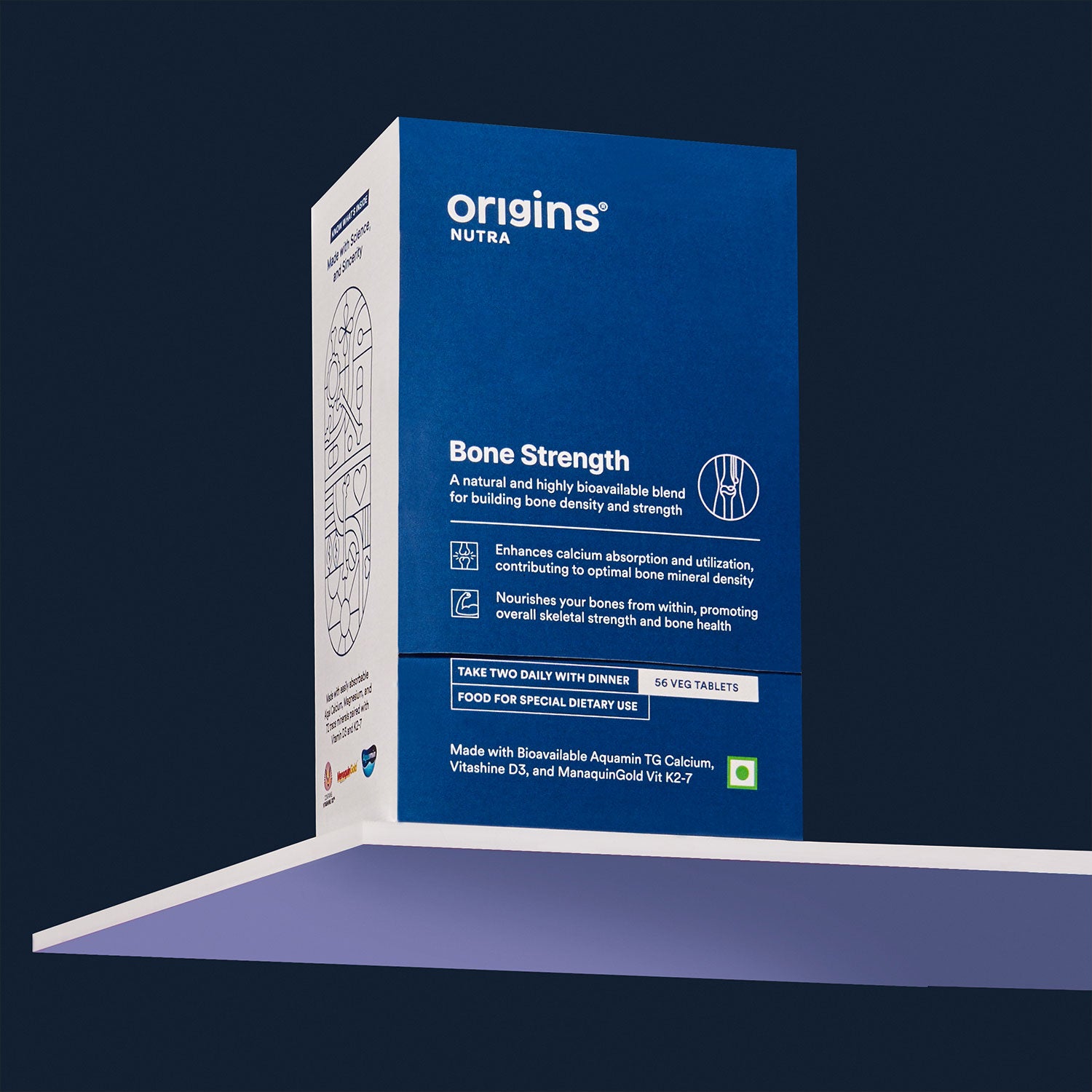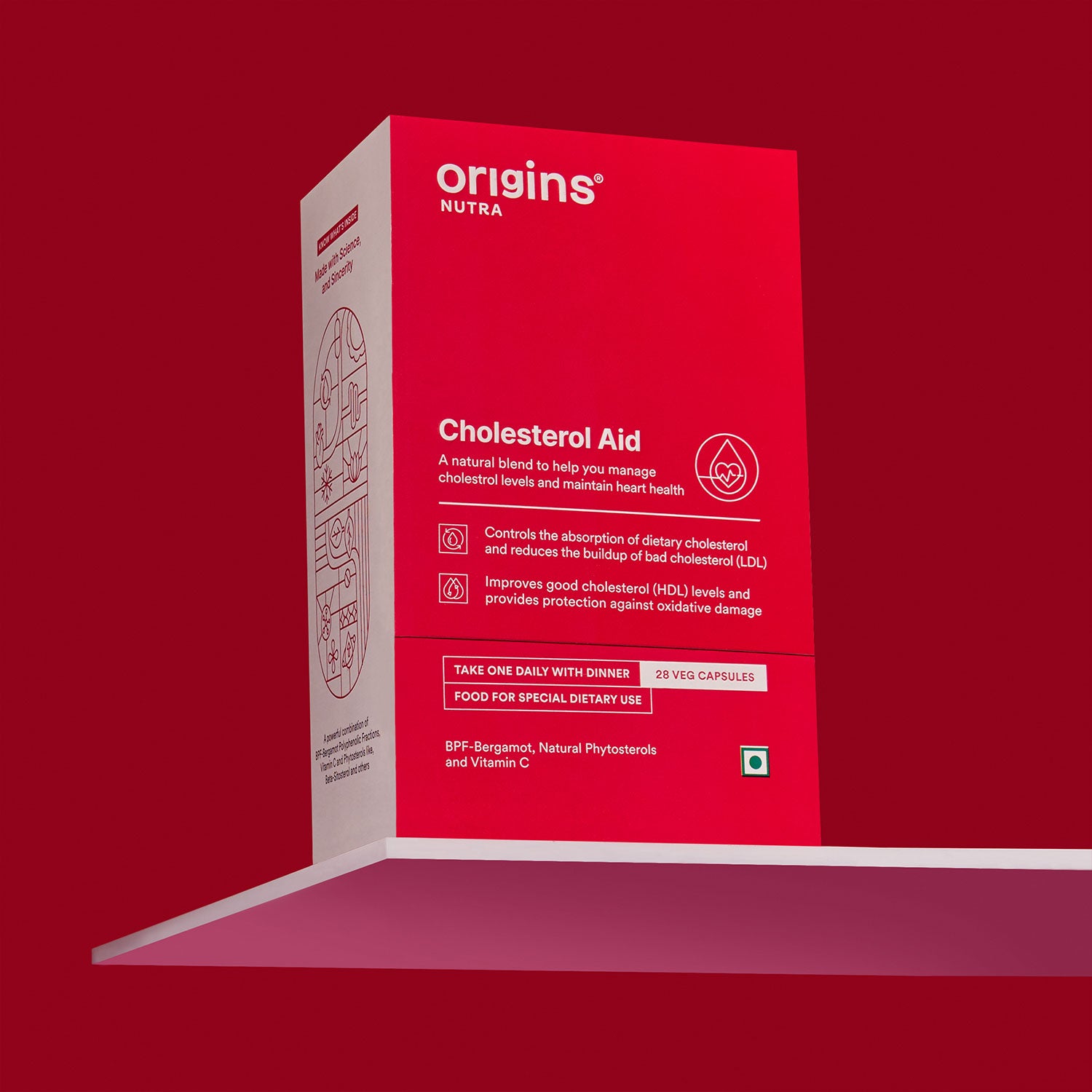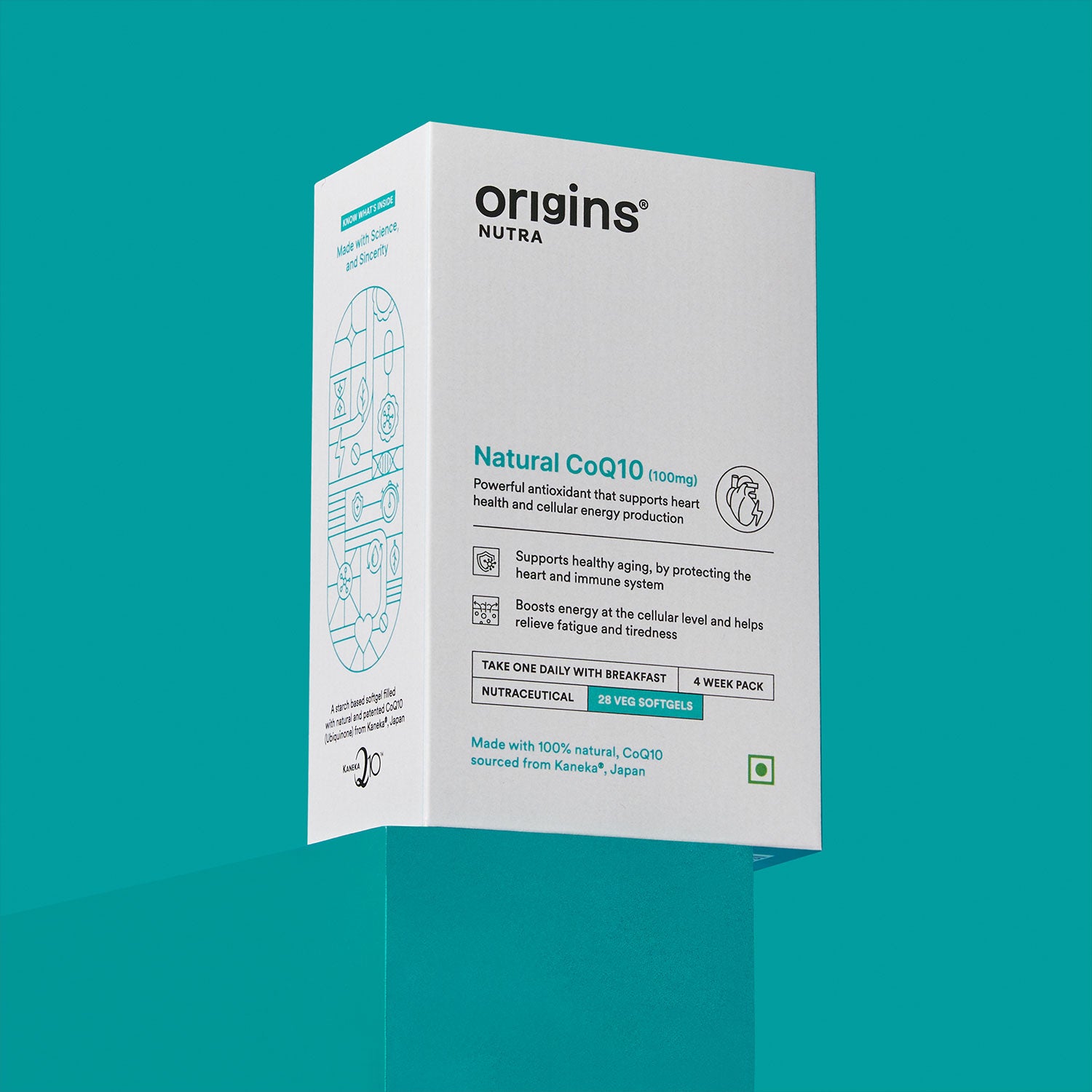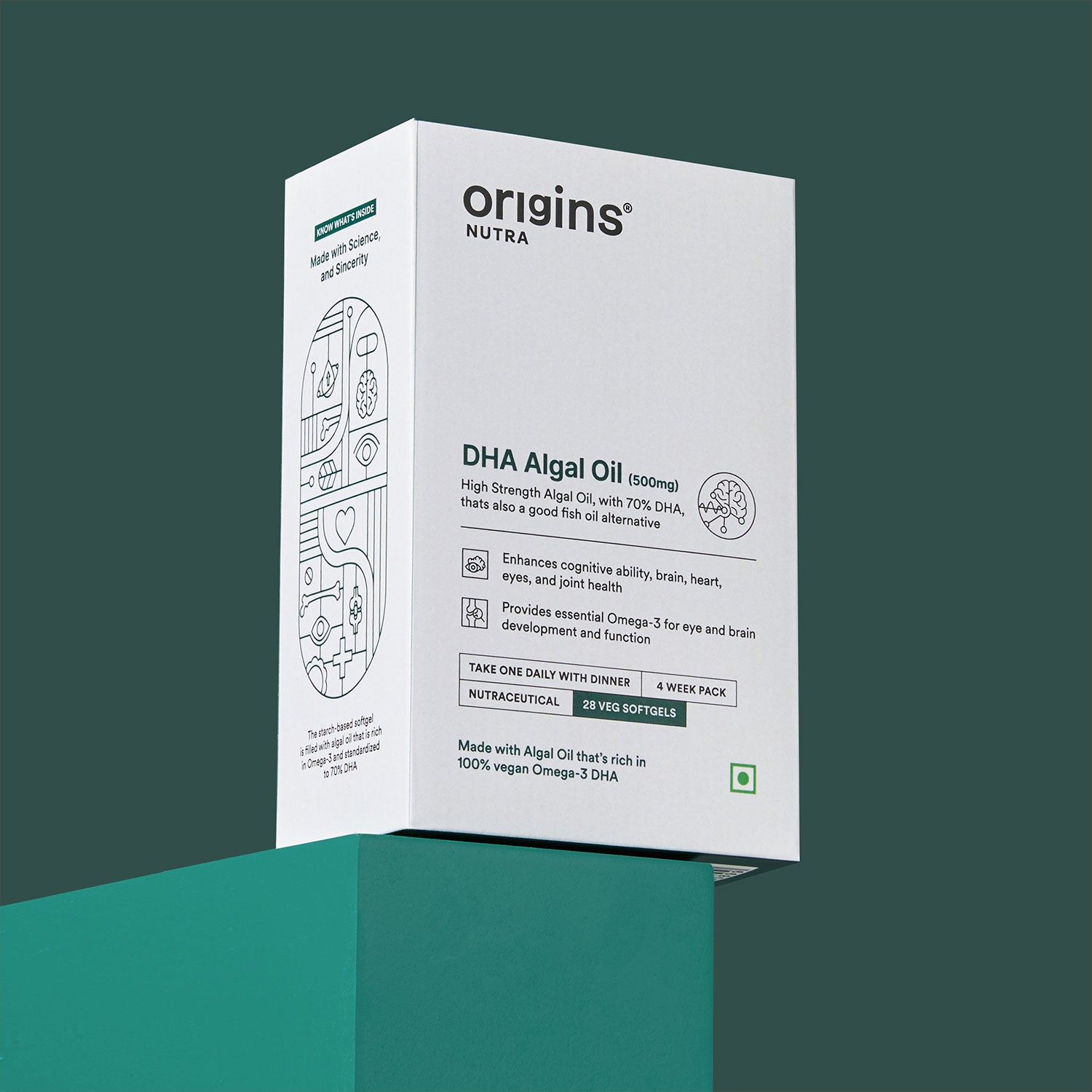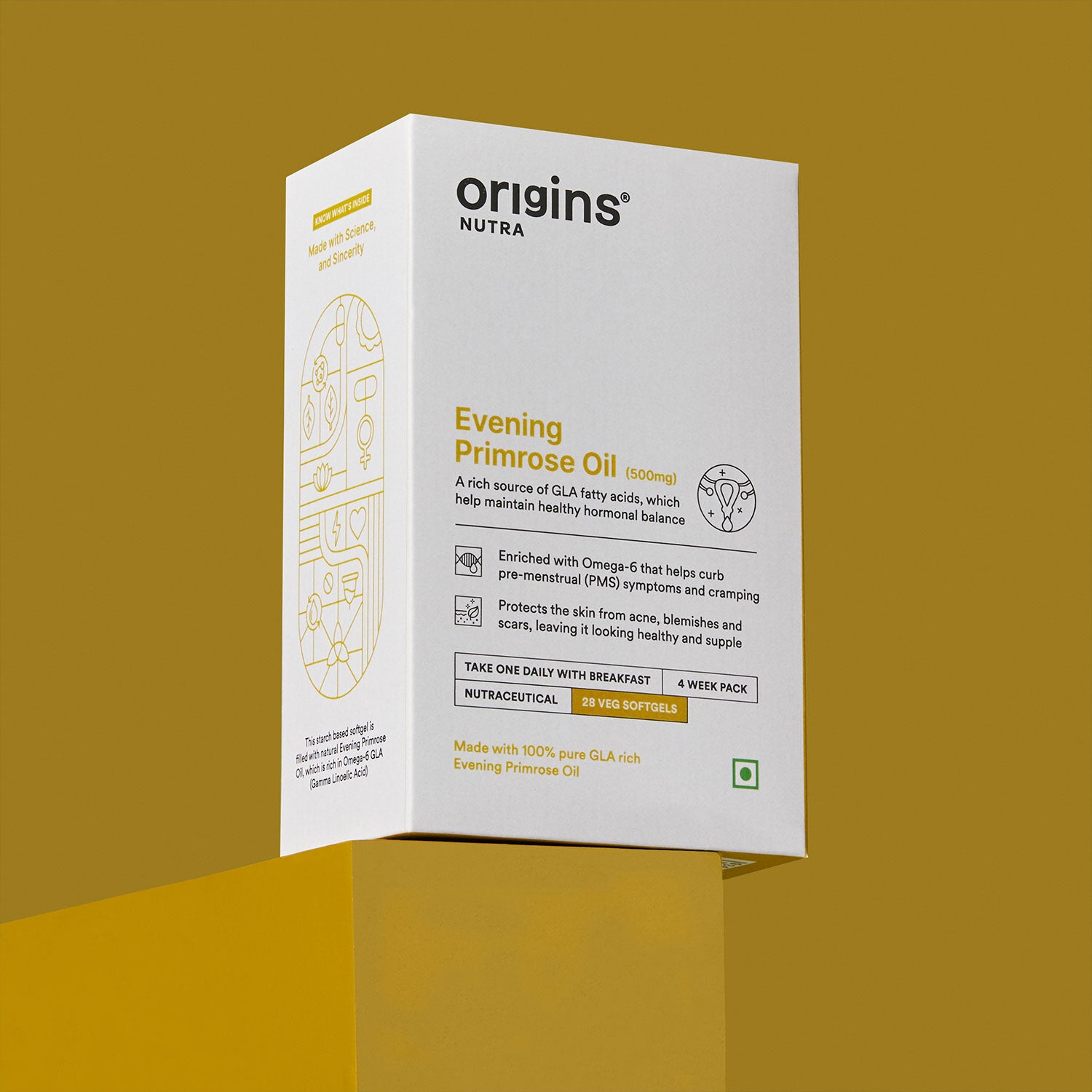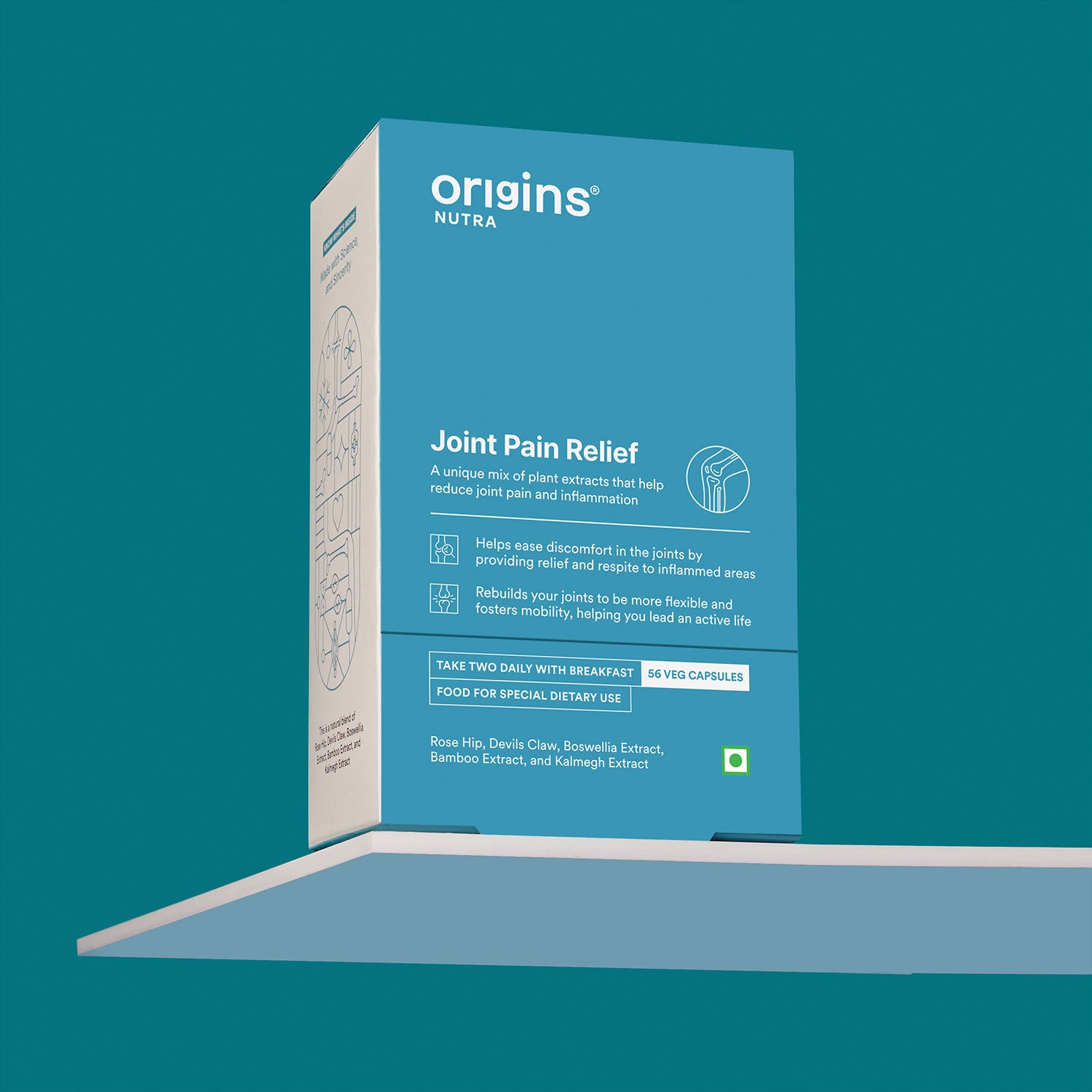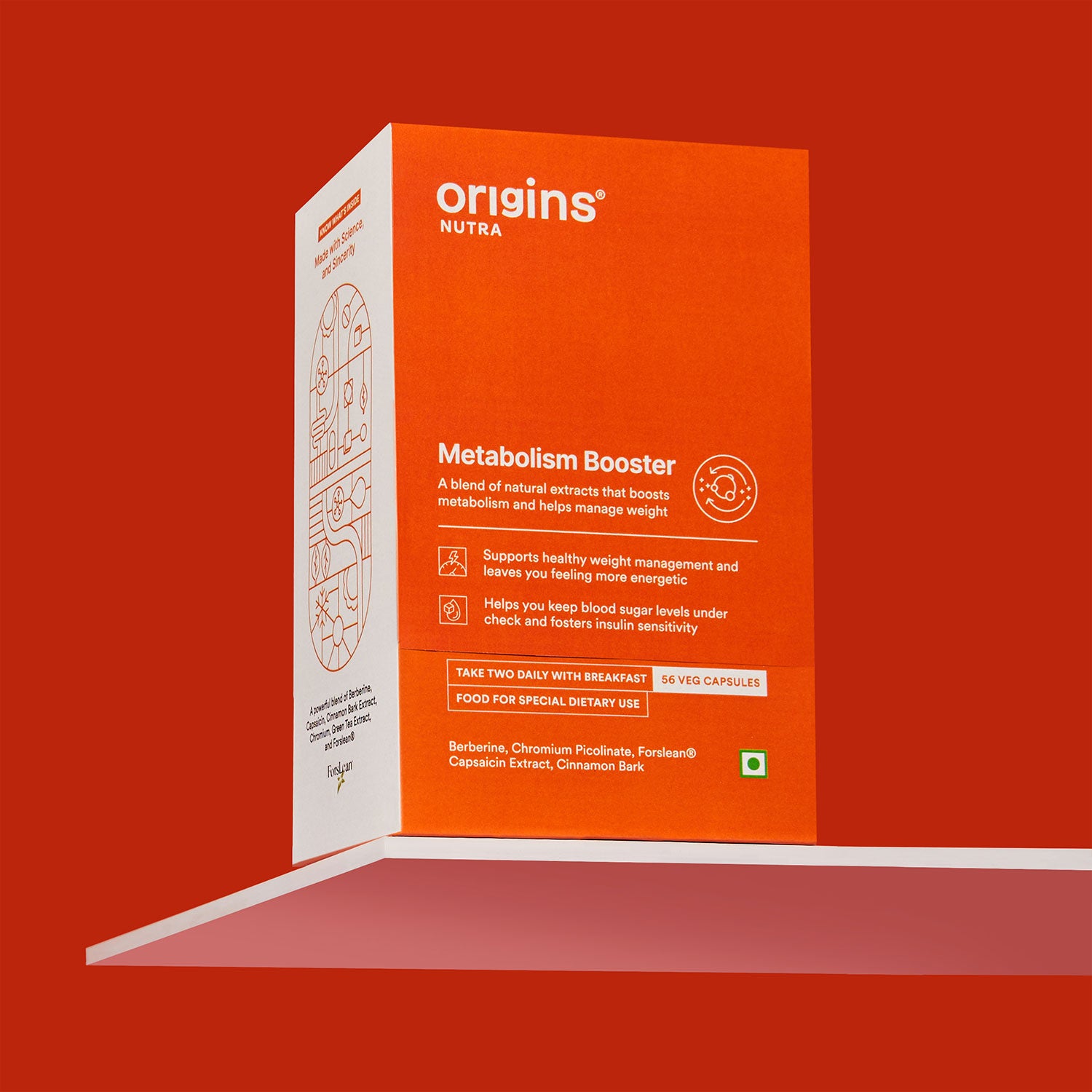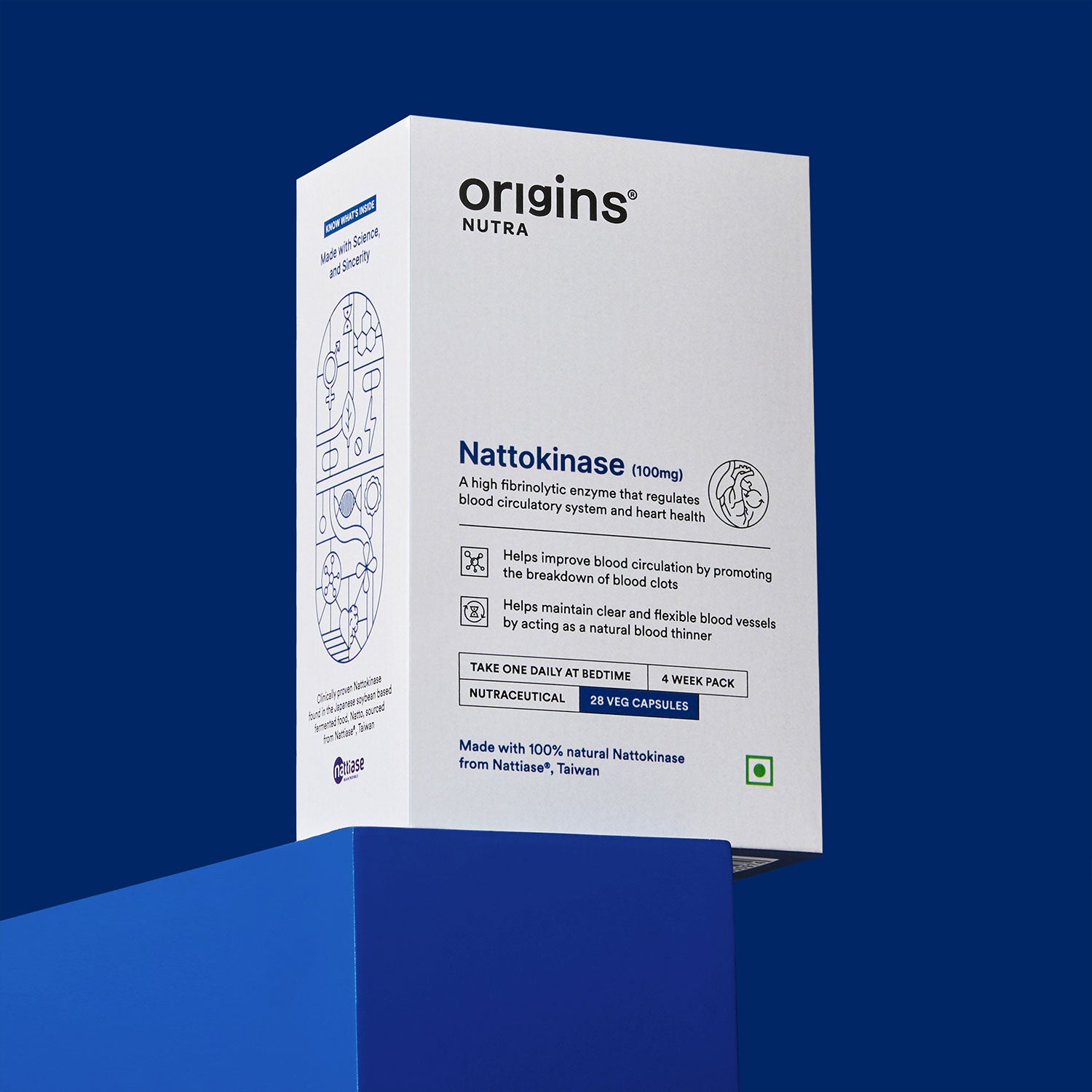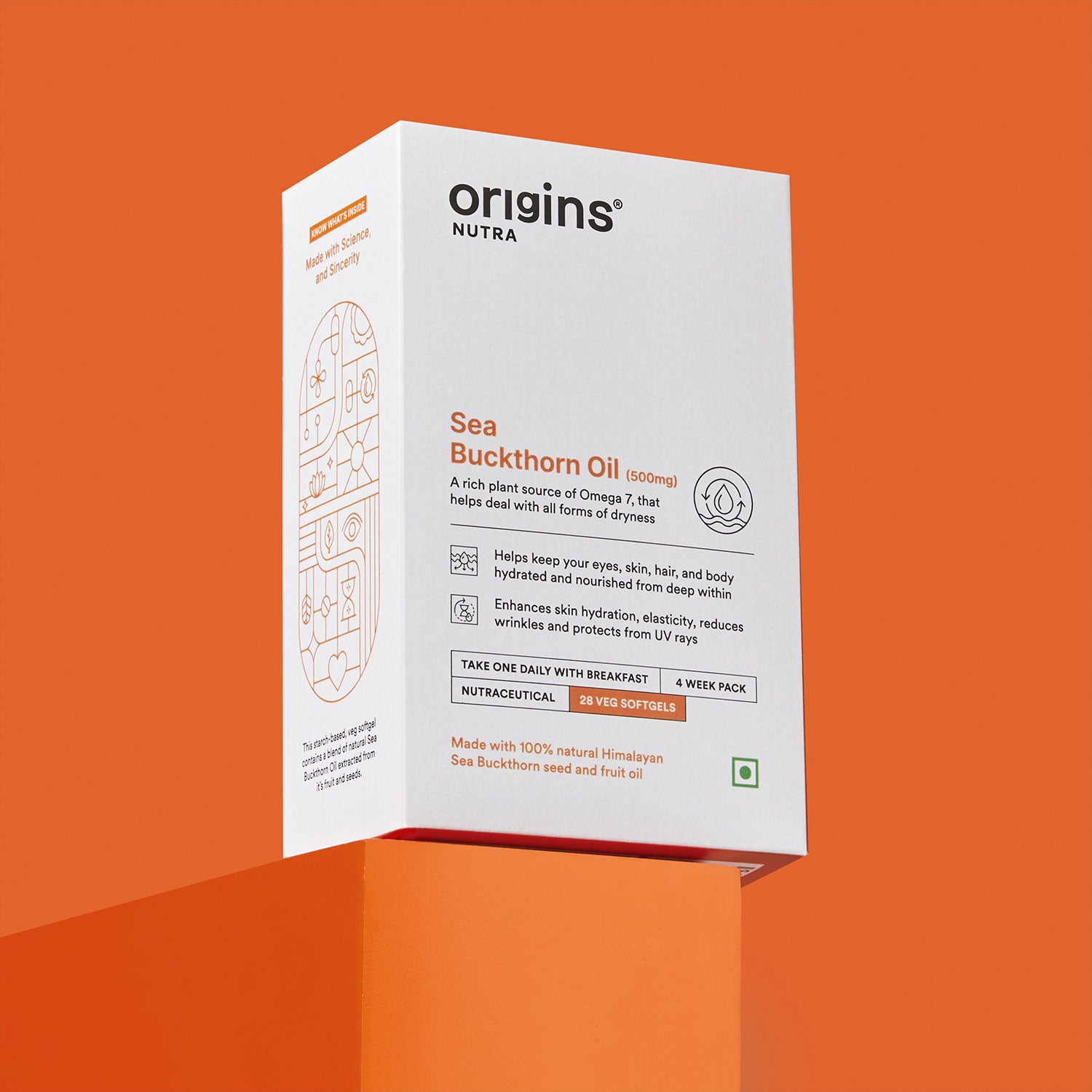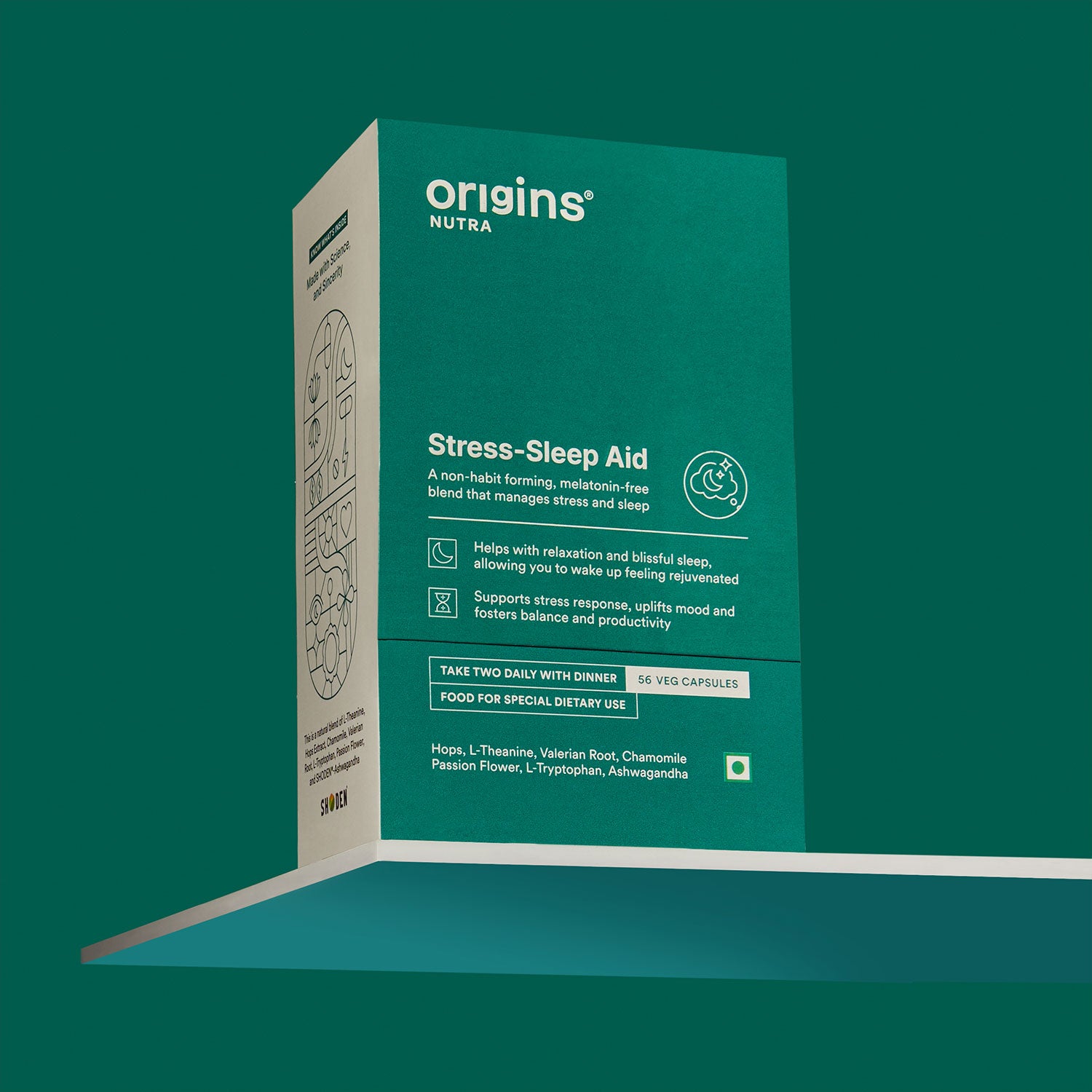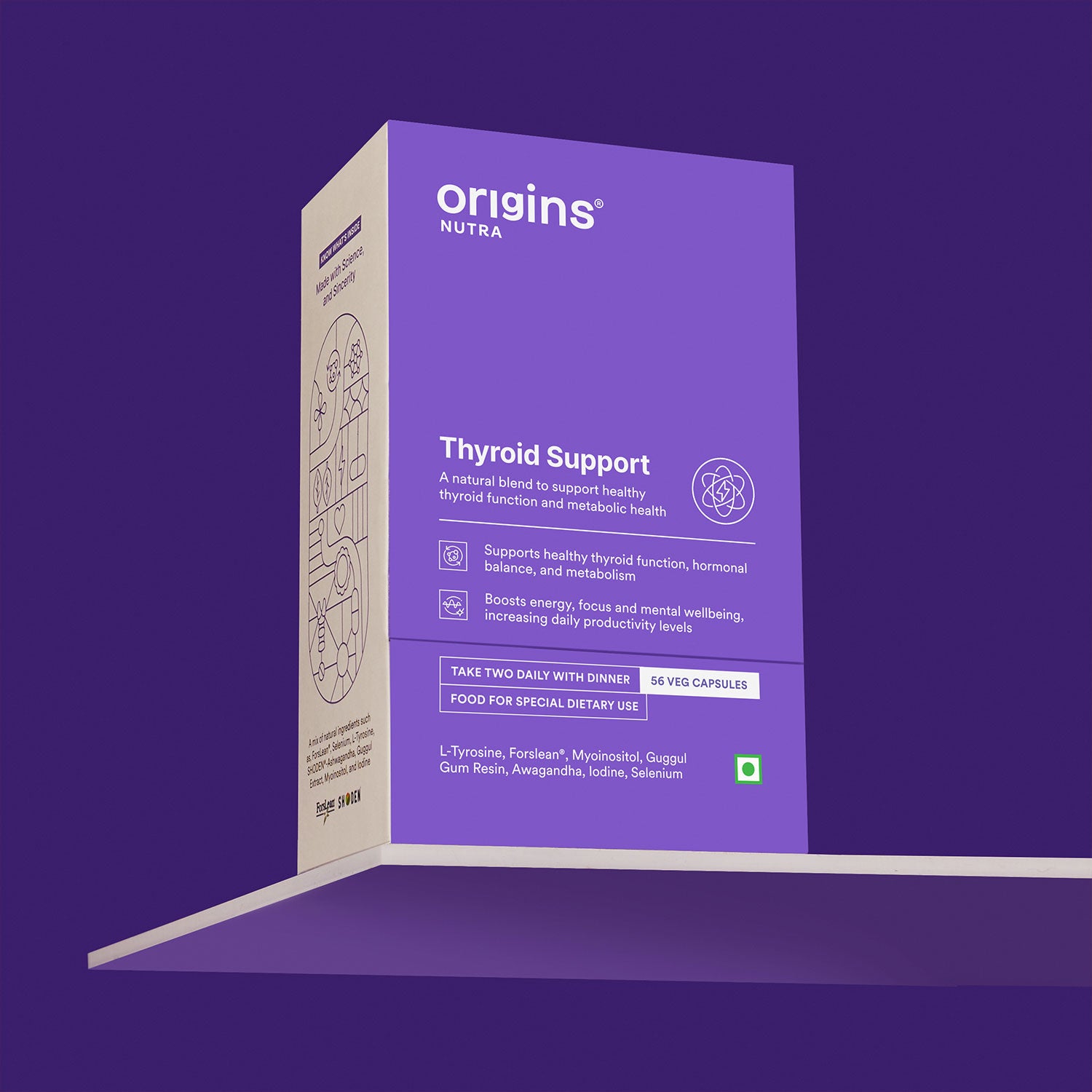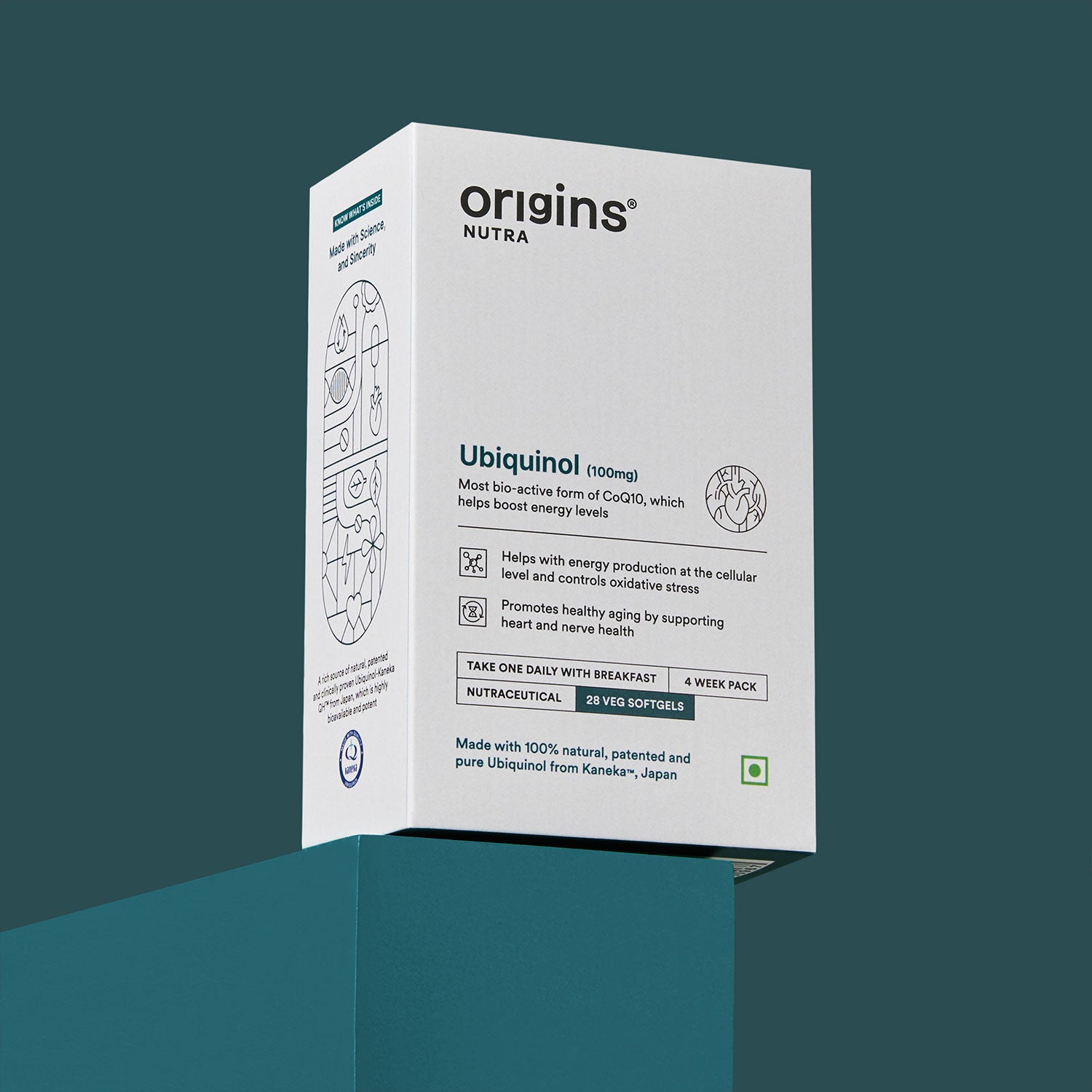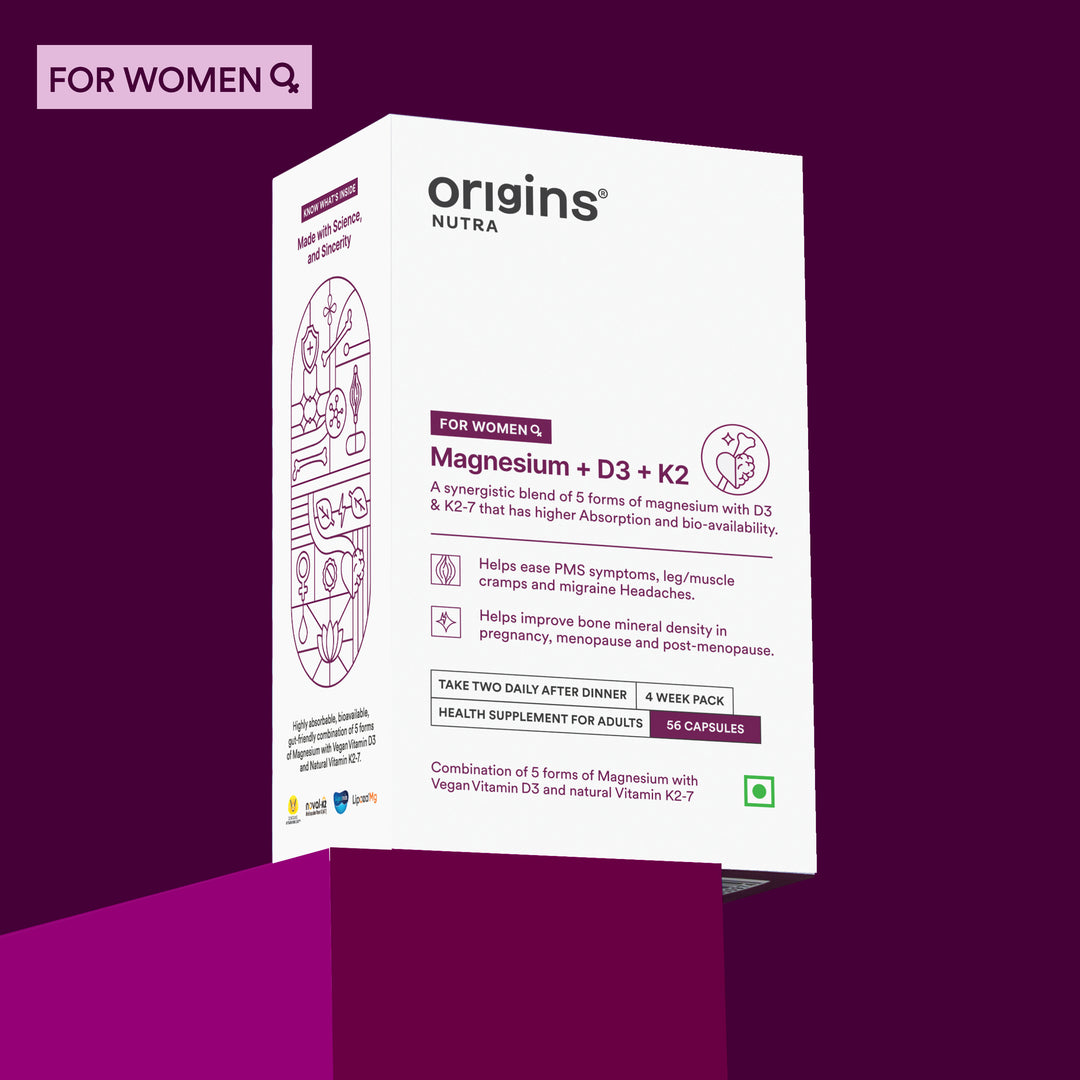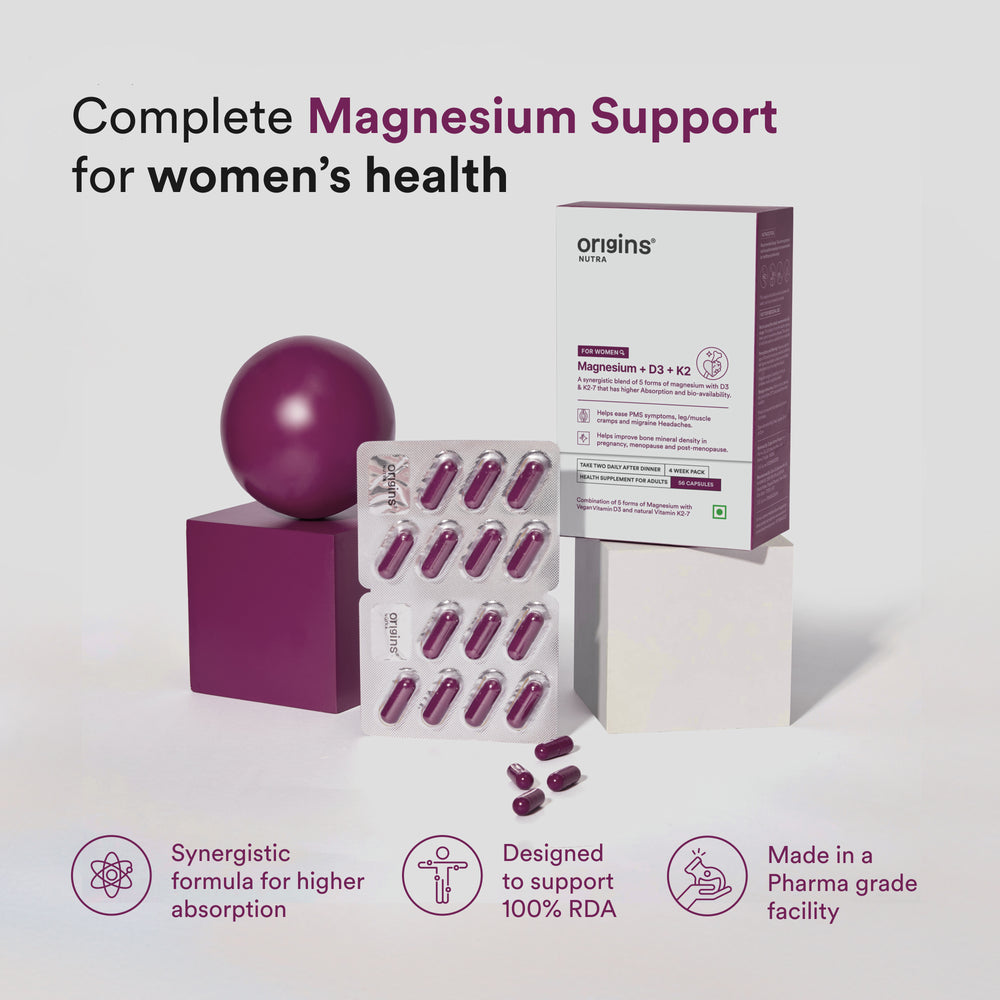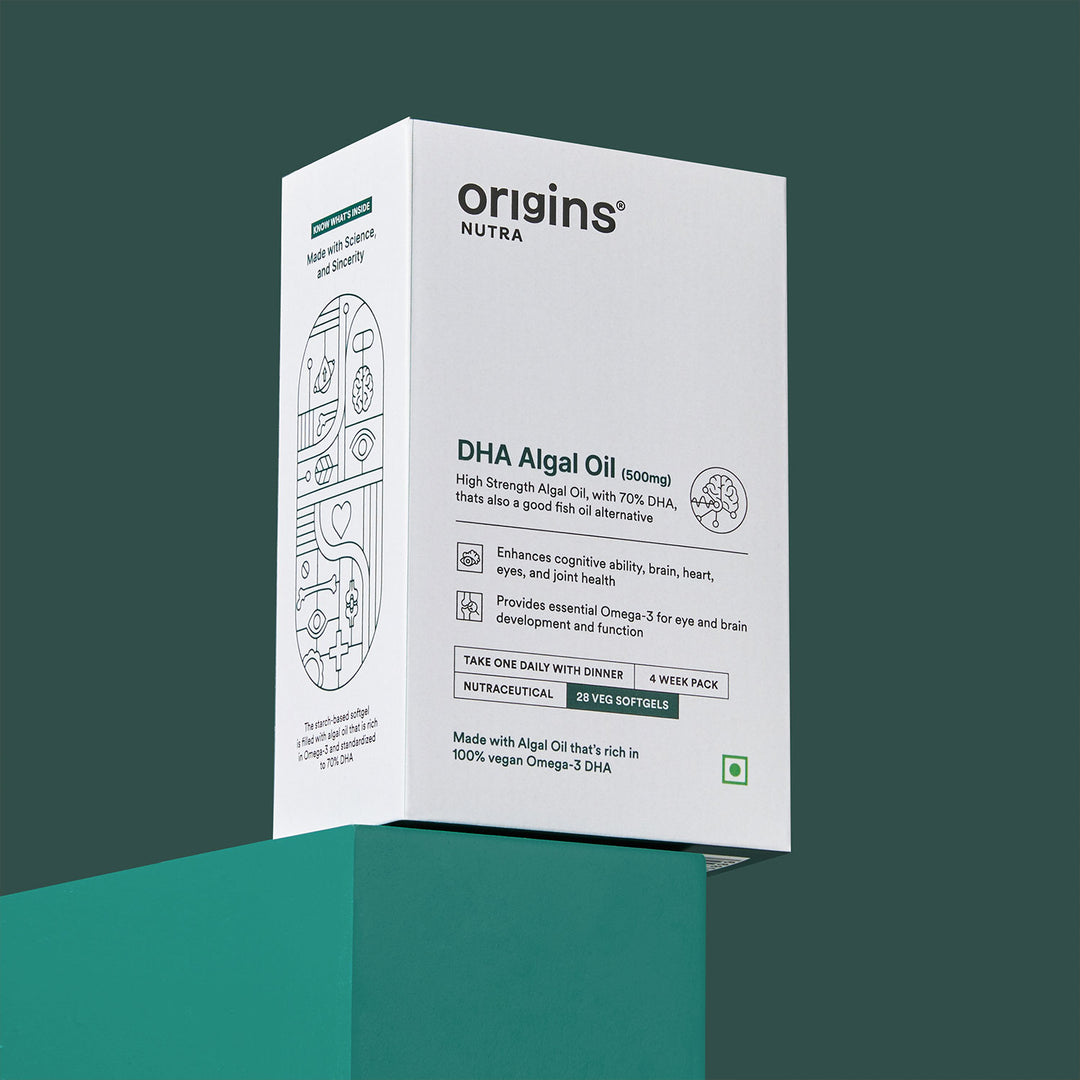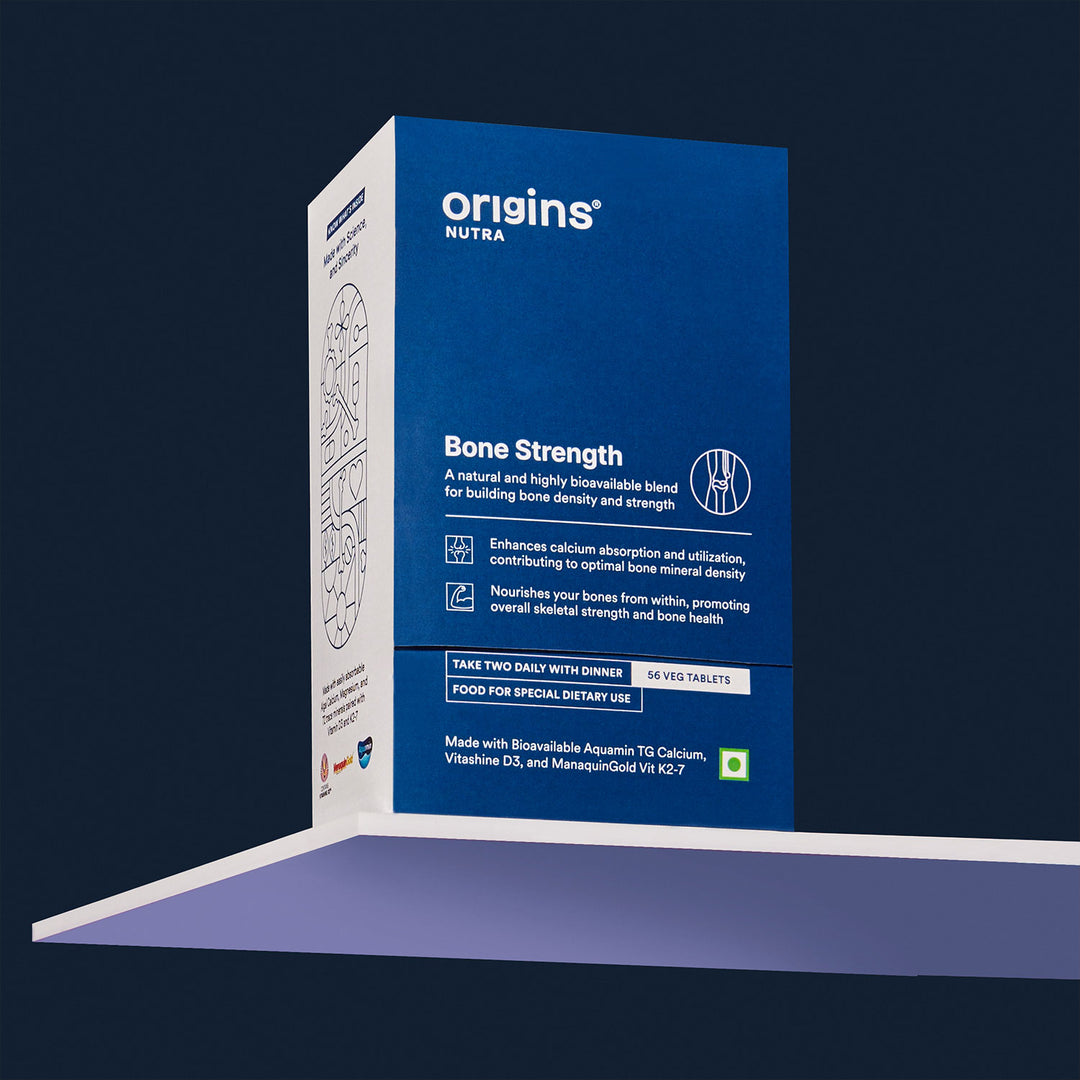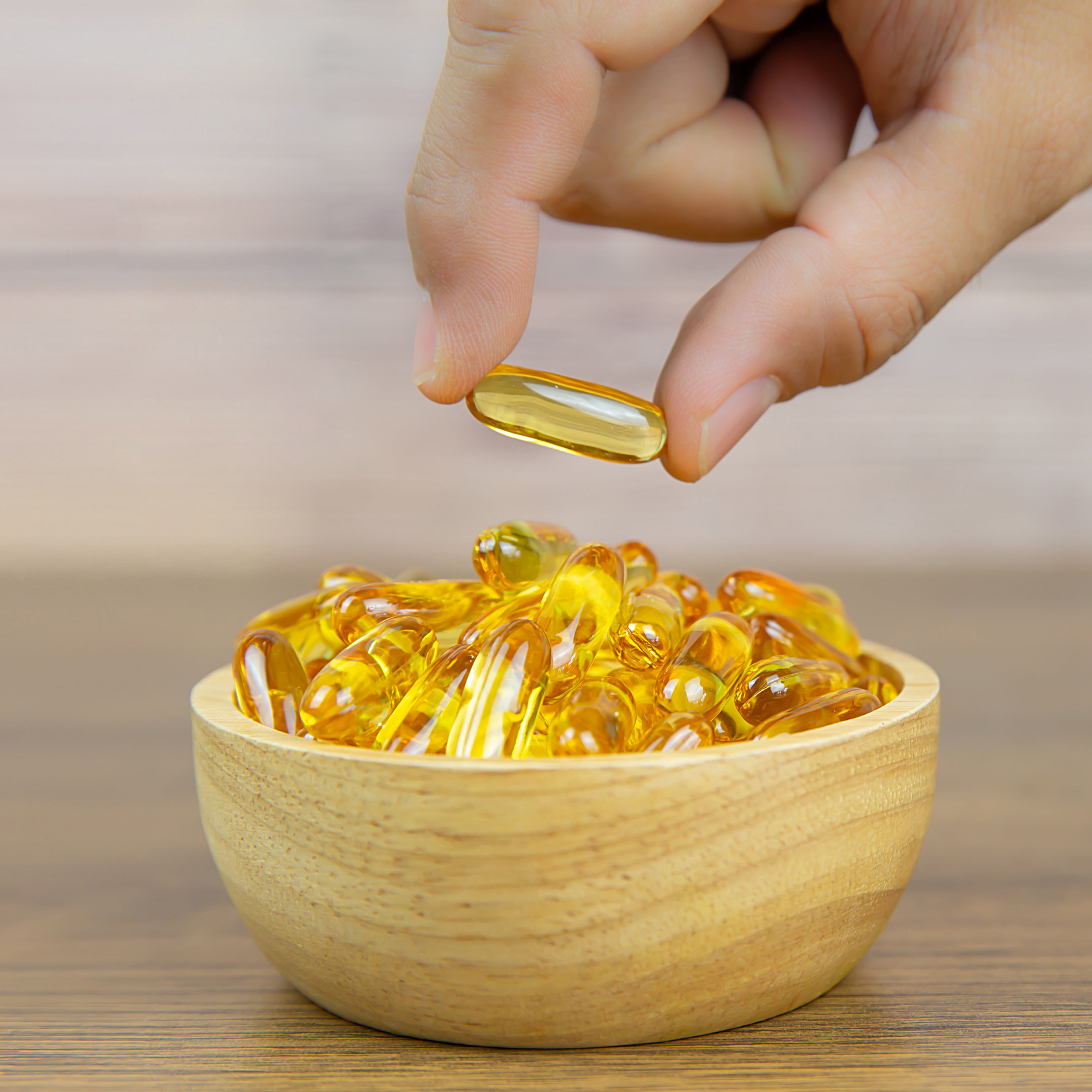Top 5 Must-Have Supplements for Women's Health
Life moves fast, and so do we. Whether we're juggling work, family, or just trying to squeeze in some "me time," our bodies are constantly adapting. Evolution was pretty smart in this department, right? It built us to be strong, resilient, and capable of incredible things. But with all the changes our bodies go through—from our teenage years to pregnancy, postpartum recovery, and menopause—our needs shift, too. While a balanced diet is key, let’s be honest—who hasn’t skipped a meal or grabbed whatever’s quickest between meetings? That’s where supplements come in, giving our bodies the extra support they need to keep going strong.
Whether you're looking to boost energy, balance hormones, strengthen bones, or simply feel your best, the right nutrients can make all the difference. So, let’s talk about the 5 best supplements for women—because when you feel good, you can take on anything.

1.Magnesium:
Why is Magnesium Important?
Magnesium plays a vital role in regulating over 300 biochemical reactions in the body, including muscle and nerve function, blood sugar levels, and even our sleep cycle. As women, our daily stress levels can be higher due to hormonal fluctuations, and magnesium can really help.
Key Benefits for Women's Health:
-
Promotes better sleep and helps manage stress
-
Supports muscle function and enhances bone health
-
Reduces cramps (hello, PMS!)
-
Helps with migraine headaches
-
Manages menopause symptoms
How Much to Take:
The recommended daily intake is about 370 mg for women, but always consult with a healthcare provider for personalized recommendations. Magnesium is essential for vitamin D metabolism, so pairing your magnesium supplement with vitamin D3 is a great idea.
Tip: Take magnesium with meals to avoid an upset stomach. Taking it on an empty stomach may cause diarrhea.
2.Vitamin D3:
Why is Vitamin D3 Important?
Vitamin D3 is a must-have supplement for women—it’s essential for our overall health! Not only does it support strong bones by helping your body absorb calcium, but it also plays a vital role in boosting immune function and even regulating your mood.
As women, we’re more prone to bone density loss as we age, which can increase the risk of osteoporosis, making vitamin D even more important. Plus, research shows that a deficiency in vitamin D can raise the risk of autoimmune diseases, depression, and other health issues. Getting enough of this vital nutrient can truly make a difference in how you feel day-to-day.
Key Benefits for Women's Health:
-
Boosts immune function
-
Supports strong bones
-
Improves mood and mental health
-
Helps with hormonal balance
How Much to Take:
For women, the recommended daily intake of vitamin D3 is 600 IU, but it’s always a good idea to consult with a healthcare provider for personalized recommendations.
Tip: Vitamin D3 is best absorbed when taken with a fat source, like olive oil, so try to pair it with your meals for maximum benefits.
3.Iron:
Why is Iron Important?
Iron is crucial for women, especially due to blood loss during menstruation, pregnancy, and postpartum recovery. It plays a key role in oxygen transport, energy production, and brain function. Low iron levels can lead to fatigue, dizziness, and anemia, making it a supplement worth considering.
Key Benefits for Women's Health:
- Supports energy levels and reduces fatigue
- Helps prevent anemia
- Supports cognitive function and focus
- Essential for a healthy pregnancy
How Much to Take:
The recommended daily intake of iron for women varies depending on age and life stage. For menstruating women, it's around 18 mg per day, while pregnant women may need up to 27 mg. Always consult with a healthcare provider to determine the right amount for you.
Tip: Iron is best absorbed when taken with vitamin C, so pair it with citrus fruits or a vitamin C supplement for maximum benefit.
4. Omega-3 Fatty Acids:
Why are Omega-3s Important?
Omega-3 fatty acids are essential for brain health, heart health, and reducing inflammation. They’re particularly beneficial for women’s hormonal balance, skin health, and joint function. Since our bodies don’t produce omega-3s naturally, we need to get them from food or supplements.
Key Benefits for Women's Health:
-
Supports heart health and lowers inflammation
-
Improves skin hydration and reduces acne
-
Supports brain function and mental clarity
-
Helps manage PMS and menopause symptoms
How Much to Take:
A daily intake of 250–500 mg of combined EPA and DHA is recommended for general health. If you’re pregnant or managing specific health concerns, your needs may vary.
Tip: Choose a high-quality fish oil or algae-based omega-3 supplement for the best results.
5. Probiotics:
Why are Probiotics Important?
Gut health plays a huge role in overall well-being, affecting digestion, immunity, and even mental health. Probiotics help maintain a healthy balance of gut bacteria, which can improve digestion, support the immune system, and even enhance skin health.
Key Benefits for Women's Health:
- Supports gut health and digestion
- Strengthens the immune system
- Helps manage bloating and digestive discomfort
- Can improve vaginal and urinary tract health
How Much to Take:
The recommended dosage varies, but a probiotic with at least 10-20 billion CFUs and multiple strains is a good choice for daily use.
Tip: Take probiotics with food for better absorption and to reduce stomach discomfort.
Final Thoughts:
Women’s nutritional needs change throughout life, and while a well-balanced diet is the foundation of good health, supplements can provide that extra support when needed. Whether it's magnesium for stress relief, vitamin D3 for strong bones, iron for energy, omega-3s for brain health, or probiotics for digestion—each supplement has a role in keeping you feeling your best.
Remember, always consult with a healthcare provider before starting any new supplement routine. Here’s to feeling strong, energized, and ready to take on whatever life throws your way!
FAQ'S
1. What are the top 3 supplements for health?
The top 3 supplements for overall health are multivitamins for filling nutrient gaps, omega-3 fatty acids for heart and brain health, and probiotics for digestive support.
2. What is the #1 supplement to take?
The #1 supplement to consider is a high-quality multivitamin to ensure you get essential vitamins and minerals that might be missing from your diet.
3. Is it OK to take supplements daily?
Yes, it’s usually safe to take supplements daily if taken as recommended. However, consulting a healthcare professional is advised.

